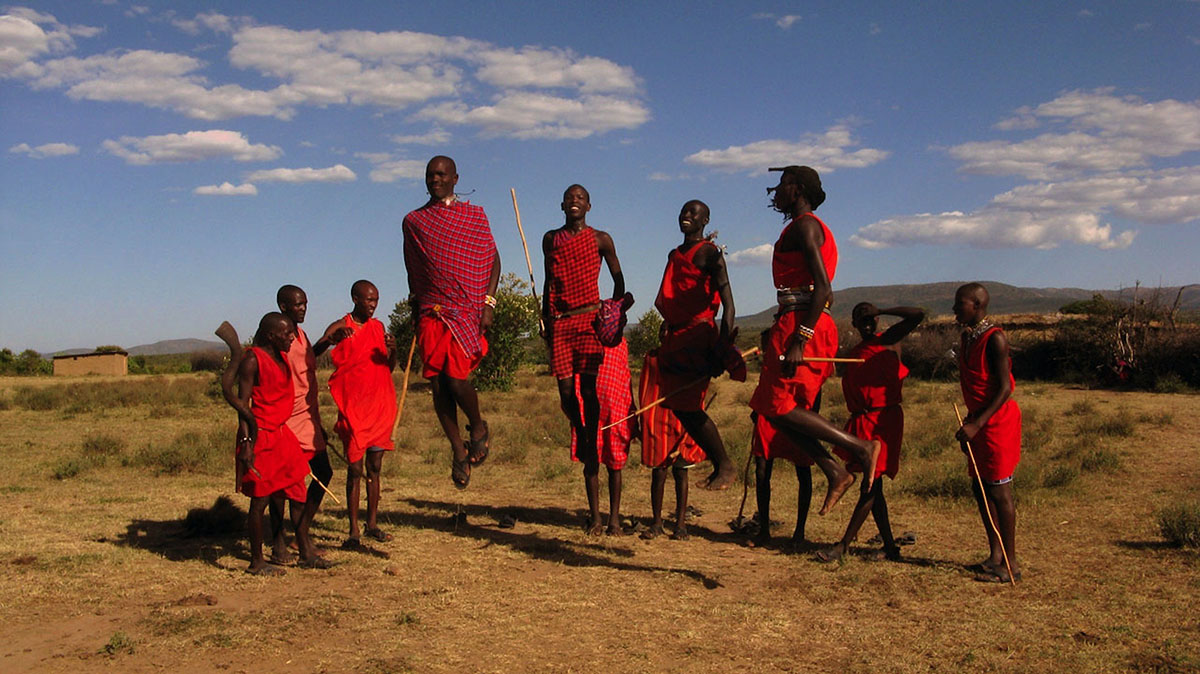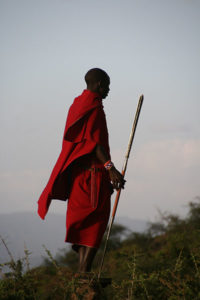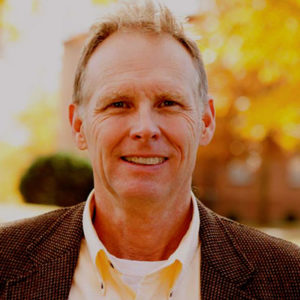Learning from the Maasai
Posted 07/05/2017 in Missiology Conversations

I was seated with a group of Maasai leaders outside their village at the foot of the Chulu Hills in the shadow of Mt. Kilimanjaro. We were enjoying large cups of fresh milk as the short rains had come and the animals supplied ample amounts. The men were giving me a lesson in the Maasai language and I heard their stories of life in this beautiful but rugged land. They showed a genuine desire to lead me toward fluency in their language, inseparable from their cultural ways.
I became more curious:
What constituted leadership in this unique context?
What principles could these venerable Maasai leaders teach me?
I heard their tales of passage from boyhood to manhood, to revered status as community elders—tales of bravery and courage; situations that required wisdom and tenacity; periods of great personal sacrifice for the betterment of the community.
As we sat on hand-carved wooden stools under the shade of a large acacia tree, women, young boys and girls, and small children came to greet us. There were different prescribed words of greeting for each, but all enacted the same tradition. When these community members approached the Maasai elders, they each bowed their head and waited for a touching hand of acknowledgment and blessing. It was a beautiful expression of honor and respect, and a hopeful expectation of a blessing from those who are older, wiser, and revered.
I think there are a number of leadership lessons that can be gleaned from this rich encounter on the Chulu Hills. Here are three:

- Genuine leadership is earned.
As I heard their stories, I could see those Maasai elders had “paid their dues.” They had put their lives forth serving their village area. Some had fought off lions to protect their cattle; others had stood down land-grabbers and hostile bandits who threatened their families; still others had sacrificed so that children could go to school, get medical care, or simply have food to eat and water to drink. - Authentic leaders who serve are given respect.
The Maasai men I sat with were humble in serving their village. They were more interested in the common good of their community than in personal advancement. At every juncture, these leaders served the people of the villages in their charge. They never demanded recognition, but they were freely given honor because of how they served others. - Godly leaders bless others in their exercise of leadership.
The symbol of these Maasai leaders placing a hand on the bowed head was powerful. They have a responsibility they see is given to them by Enkai (God) to be a blessing to their families. They are ready to do whatever is necessary to see that the needs of their people are met. This included blessing me, a seeker, with a deeper understanding of their unique culture.
In Genesis 12:2, we are reminded of the journey of Abraham with God to an unknown place. “I will make of you a great nation, and I will bless you, and make your name great, so that you will be a blessing.”
Abraham was given God’s blessing not so much that he could relish in it, but specifically that he might bless others because of it. The riches of God’s grace are not to be kept to ourselves, but freely and joyfully shared with others as we lead and serve.
Jesus gives us the ultimate picture of serving others. Jesus said, “Whoever wants to become great among you must be your servant, and whoever wants to be first must be your slave—just as the Son of Man did not come to be served, but to serve, and to give his life as a ransom for many” (Matthew 20: 26–28).
When we choose to be a Christ-follower, we choose a different path of leadership. We learn to eschew the enticement of the world’s perspective to get all the power, prestige, and resources that we can for ourselves without regarding others. We learn to model Jesus, the ultimate Servant-Leader, as God places his hand of blessing upon us to lead and to be a blessing to those we serve.

Fred Foy Strang is a Presbyterian minister, missionary, and professor serving in mission with his wife, Cecily, a PhD nurse educator, in East Africa. Dr. Strang teaches as adjunct faculty for Fuller.

